
Politics
18:39, 25-Dec-2017
Asia Today Year-ender: Korean Peninsula tension 2017
By Li Linxi, Zhao Ruikun
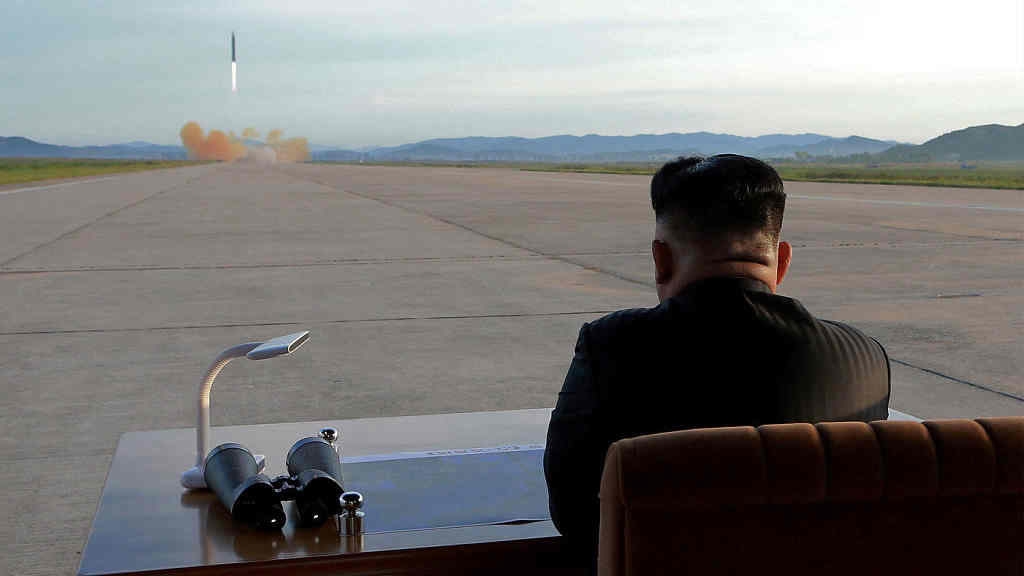
As 2017 comes to an end, "Asia Today" presents a seven-day year-end special program called “Asian Faces of 2017." From December 24 to 30, we will review the most seven influential figures in Asia and examine how their highs and lows, hits and misses impact their country, the region and the world.
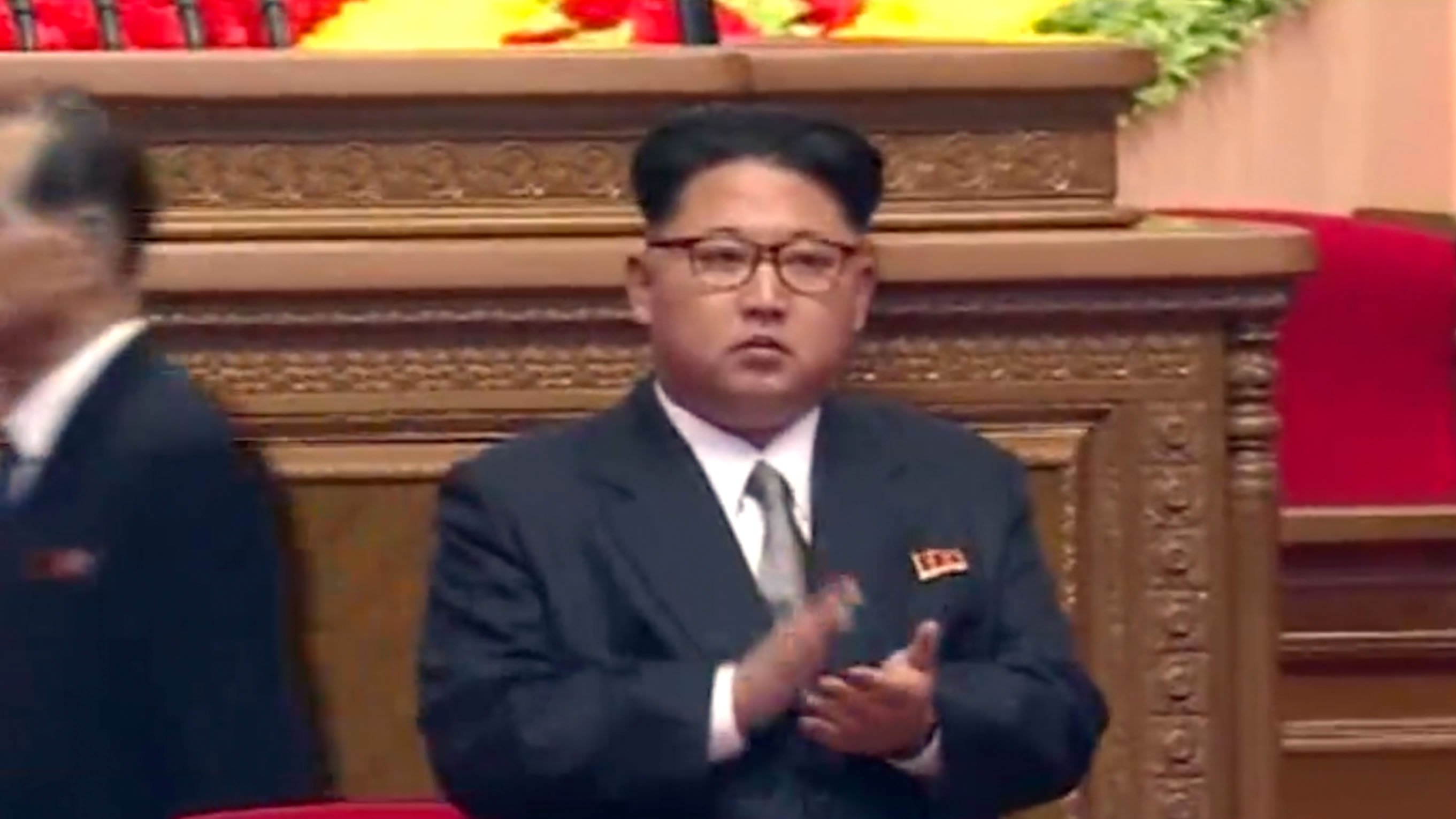
The Democratic People's Republic of Korea (DPRK) on Sunday condemned the latest UN resolution imposing sanctions over its missile tests, calling it an "act of war."
The DPRK Foreign Ministry said Pyongyang would continue to consolidate its nuclear arsenal in order to neutralize the US nuclear threat, and establish a practical balance of forces with the United States.
What is the latest UN resolution?
The US-drafted resolution 2397 adopted by the UN Security Council on Friday went even further than sanctions passed in September that, at the time, were called the toughest yet.
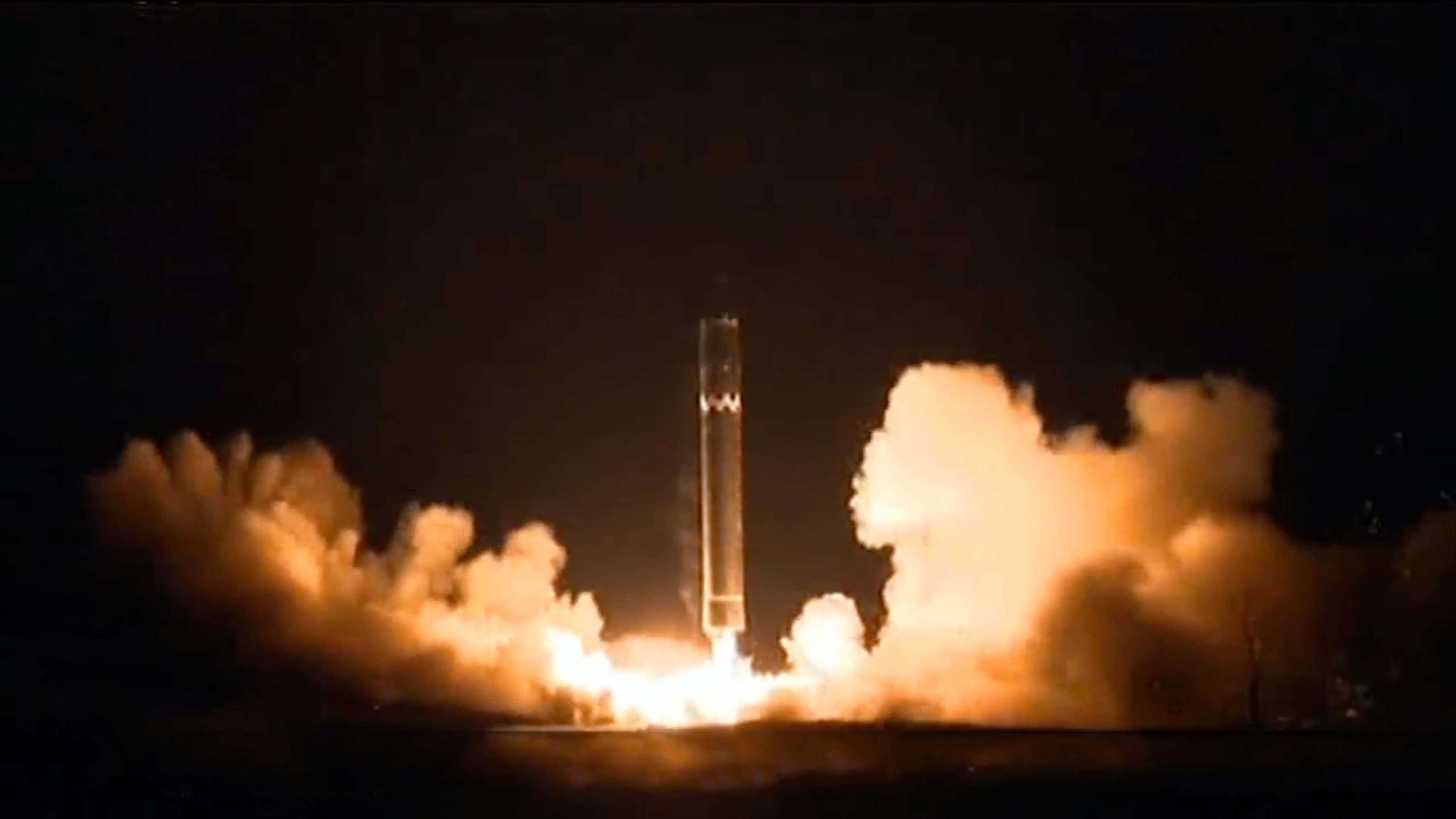
The resolution cuts exports of gasoline, diesel and other refined oil products by a total of 89 percent. The new sanctions also ban the export of food products, machinery, electrical equipment, earth and stones, wood and vessels from the DPRK.
And it bans all countries from exporting industrial equipment, machinery, transportation vehicles and industrial metals to the country.
Why are there sanctions?
The sanctions came after Pyongyang fired the Hwasong-15, the country’s most powerful intercontinental ballistic missile on November 28. It was also the 23rd missile tested by the country.
The Hwasong-15 reached an altitude of 4,475 km and covered a range of 950 km in a 53-minute flight. Experts said if the missile were fired at a normal angle, it would be capable of flying over 13,000 km, putting the whole US within reach.
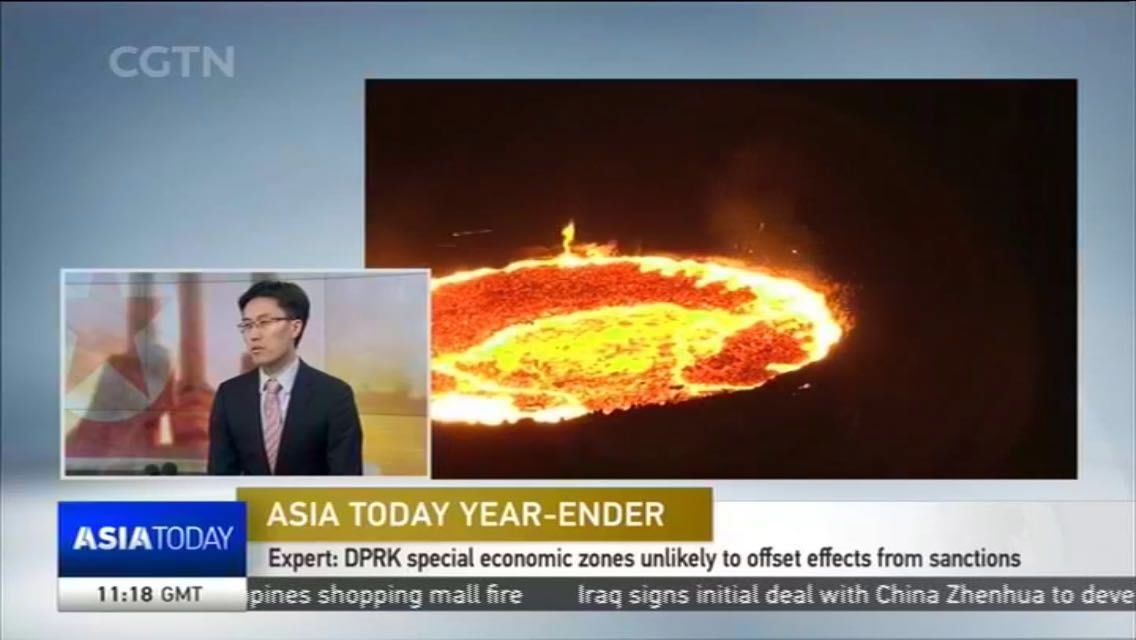
CGTN Photo
CGTN Photo
How would the sanctions affect the DPRK economy?
Just a day after the UN passed the new sanctions, the DPRK announced it would establish a new Economic Development Park in Kangnam county, southwest of Pyongyang.
But Zhao Tong, a researcher for the Carnegie-Tsinghua Center for Global Policy, believes the measure will have little use in offsetting the effects from the sanctions.
“Kim Jong Un has set up more than 20 special economic zones since 2013, but possibly due to international sanctions, but we haven’t seen many tangible results from these zones,” Zhao explained to CGTN’s Asia Today.
“Right now, the UN prohibits the DPRK from exporting agriculture. Pyongyang is also prohibited from importing machines and even transportation vehicles. It’s hard for me to see how a single economic zone can help North Korea (the DPRK) overcome the very overwhelming outside constraint on its economy,” Zhao said.
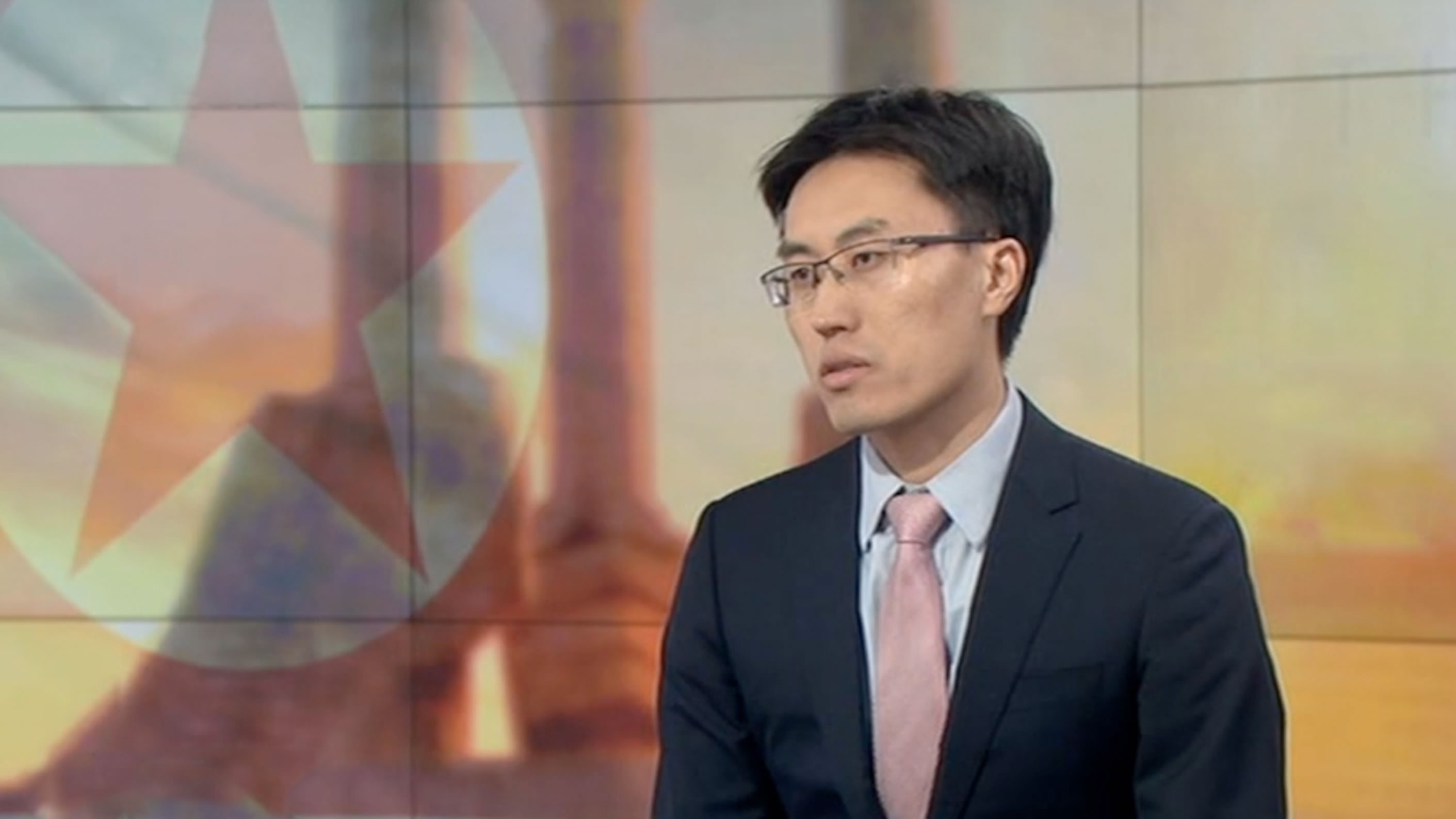
What is the situation on the Korean Peninsula?
"The situation on the Korean Peninsula is the most tense and dangerous peace and security issue in the world today," UN Secretary-General Antonio Guterres said at a high-level Security Council session on the DPRK on December 15.
Pyongyang has fired 23 missiles during 16 tests since February, further perfecting its technology with each launch.
Meanwhile, the US, the Republic of Korea (ROK) and Japan conducted a string of military drills on the peninsula, further ramping up tensions.
The US anti-missile Terminal High Altitude Area Defense system deployed to ROK also caused a standoff between Seoul and Beijing, who believes the system’s powerful radar can probe deep into its territory, undermining its security and a regional balance.
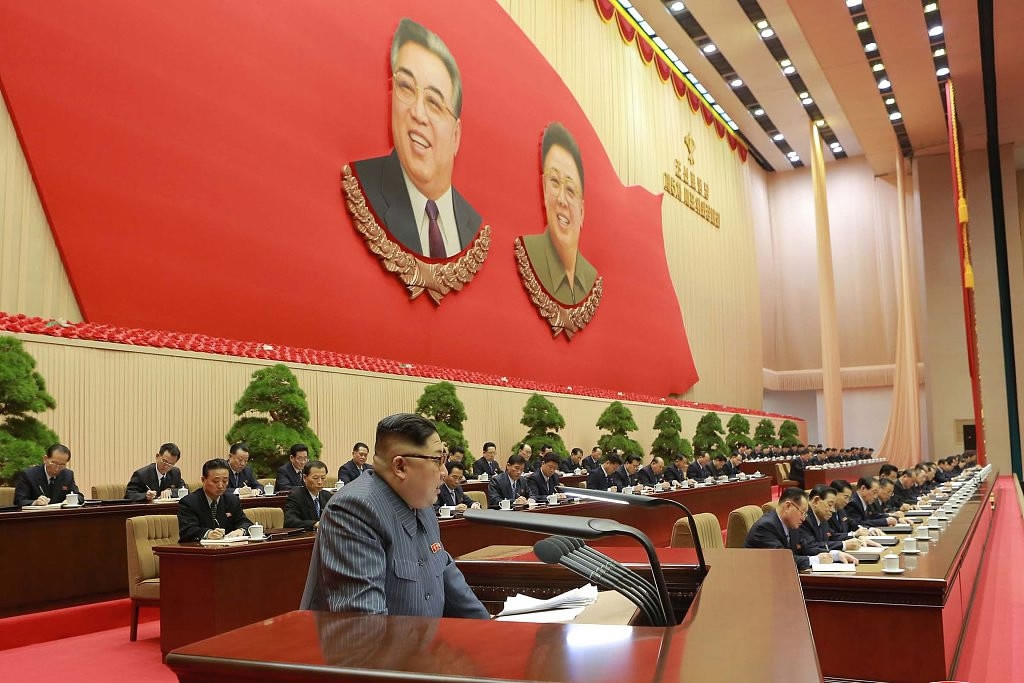
DPRK leader Kim Jong Un during the 5th Conference of the Workers' Party of Korea Cell Chairpersons, December 23, 2017. /VCG Photo
DPRK leader Kim Jong Un during the 5th Conference of the Workers' Party of Korea Cell Chairpersons, December 23, 2017. /VCG Photo
“The situation on the Peninsula is like a pressure cooker, with each new DPRK provocation, with each new UN resolution, the pressure increases...Besides, the two main players, Washington and Pyongyang, are not talking to each other directly. The risk of serious misunderstanding and misjudgment is very real,” said Zhao.
Are there ways to ease tensions?
China and Russia have repeatedly called for a proposal called "dual suspension" – where the US, ROK and Japan suspend joint military exercises in exchange for the DPRK halting nuclear and missile tests. The suggestion was rejected by the US.
ROK President Moon Jae-in on December 21 said that he had required the US to postpone an annual military drill next year for the Winter Olympics to be held in Pyeongchang in February. Moon said he hoped the games would help ease tension with the DPRK.
But in the current situation, any return to the negotiating table could be a long way off.

SITEMAP
Copyright © 2018 CGTN. Beijing ICP prepared NO.16065310-3
Copyright © 2018 CGTN. Beijing ICP prepared NO.16065310-3